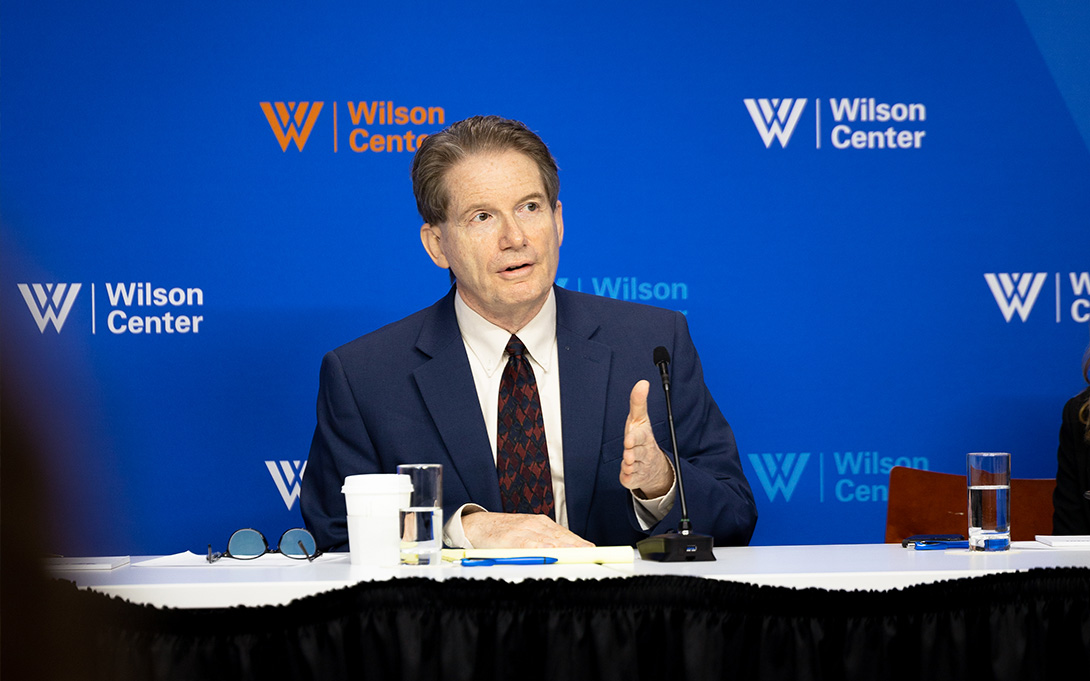
Ford School professor Barry Rabe has been a leading voice on climate change and its causes, including methane and other greenhouse gasses. His expertise was recently tapped at a conference at the Wilson Center, A Transatlantic Dialogue: Carbon Pricing and the Energy Transition, which explored the feasibility of moving from theory to practice in carbon pricing.
In practice carbon pricing has faced multiple and significant hurdles to adoption. But momentum is building. In recent years, Europe and Canada have established robust pricing schemes. And while the US lags on carbon pricing, the policies adopted by its trade partners will likely impact investment. To successfully enable the green energy transition, policies must focus on ensuring that the emerging and diverse approaches to carbon pricing complement one another.
Rabe told the conference, "The shifting empirical reality is that, for the last two years, the number of nations adopting some form of a carbon price and linking that money to some kind of energy transition, energy efficiency, renewable energy support, or coastal adaptation has been on the increase. For the first time, the majority of carbon pricing revenues being generated globally are not being applied to returns, rebates, or that sort of thing, but are being applied to a direct transition.”
You can watch his full remarks here.
